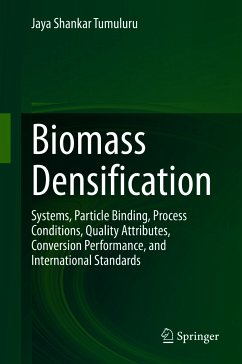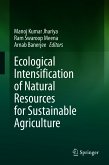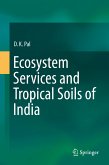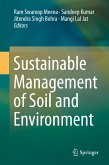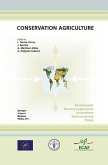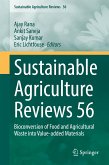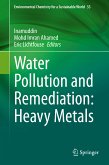In six chapters, the author discusses the various biomass feedstocks for biofuels production, the impact of densification process variables-such as temperature, pressure, moisture, etc.-on biomass particle agglomeration, the quality of the densified products, and the overall energy consumption of the process, as well as the various compression models for powders that can be used for biomass particles, agglomeration behavior, and optimization of the densification process using statistical and evolutionary methods. The book also discusses the novel preprocessing and dewatering technologies that can help to reduce pellet production costs. Finally, the book discusses the suitability of these densified products for biochemical and thermochemical conversion pathways, as well as the various international standards (CEN and ISO) they must adhere to.
The author has worked on biomass preprocessing at Idaho National Laboratory for the last ten years. He is the principal investigator for the U.S. Department of Energy Bioenergy Technologies Office-funded "Biomass Size Reduction and Densification" project. He has developed preprocessing technologies to reduce costs and improve quality. He has published many papers and books focused on biomass preprocessing and pretreatments.
Biomass process engineers and biorefinery managers can benefit from this book. Students in chemical, mechanical, biological, and environmental engineering can also use the book to understand preprocessing technologies, which greatly assist in improving biomass critical material attributes. The book can also assist policymakers and energy systems planners with the ability to understand biomass properties limitations.
Dieser Download kann aus rechtlichen Gründen nur mit Rechnungsadresse in A, B, BG, CY, CZ, D, DK, EW, E, FIN, F, GR, HR, H, IRL, I, LT, L, LR, M, NL, PL, P, R, S, SLO, SK ausgeliefert werden.

